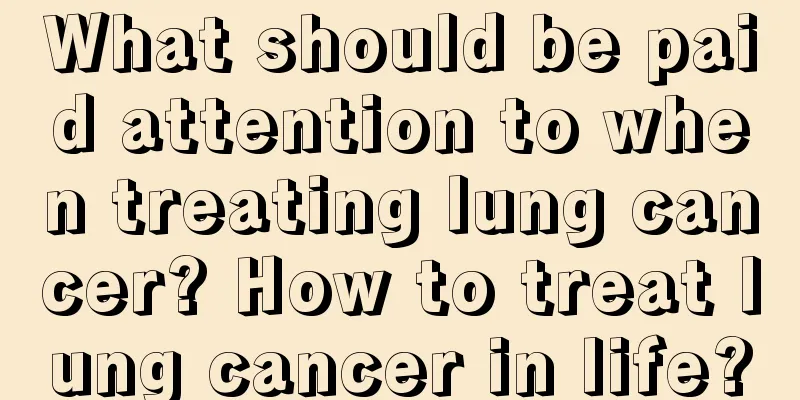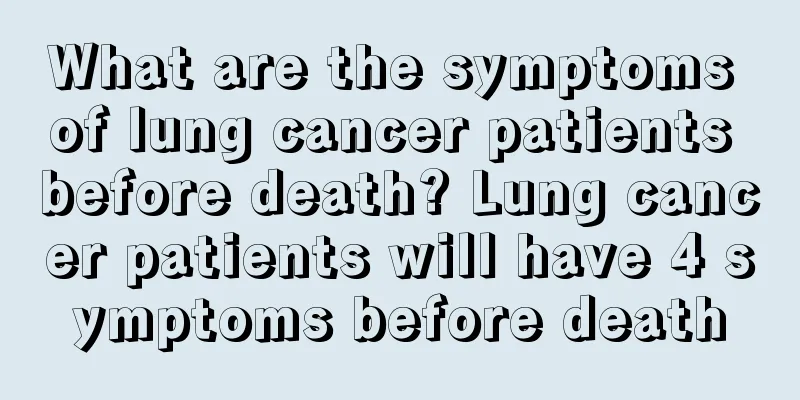Does irregular heartbeat require treatment?

|
Arrhythmia means that the heart rate is not within the normal range. It is mostly caused by heart disease and is common in children and women. Generally, if the patient does not have any obvious symptoms, no treatment is required. If treatment is required, the key is to find the primary disease. 1. Treatment: 1. Sinus bradycardia: If the heart rate is not less than 50 beats per minute and there are no symptoms, no treatment is required. 2. If the heart rate is lower than 40 beats per minute and symptoms occur, drugs to increase the heart rate (such as atropine, ephedrine or isoproterenol) can be used. 3. Patients with significant sinus bradycardia accompanied by sinus arrest and syncope may consider installing an artificial pacemaker. 4. Treatment of primary disease. 5. Symptomatic and supportive treatment. Please use the medicine under the guidance of a doctor: 2. Medication: 1. Most patients' symptoms disappear after eliminating the cause or inducement. 2. Active treatment should be given when there is a clear primary disease. 3. Nursing: Daily care for arrhythmia: Sinus arrhythmia is very common in normal people, especially children and young people. It is caused by changes in the tension of the vagus nerve and sympathetic nerve during breathing. It is not a pathological change. This type of arrhythmia generally has no effect on the human body. Therefore, there is no need to worry or be afraid about sinus arrhythmia, and you should eliminate tension and worries. Exercise can enhance heart function and stabilize the function of the autonomic nervous system, which will improve this arrhythmia. If the arrhythmia is caused by other arrhythmias, such as premature beats, atrial fibrillation, etc., treatment should be targeted at the cause and antiarrhythmic drugs should be used. 4. Causes 1. Respiratory sinus arrhythmia: Respiratory sinus arrhythmia is the most common type of sinus arrhythmia. It mostly occurs in children, young people and the elderly, and is less common in middle-aged people. 2. Non-respiratory sinus arrhythmia: Non-respiratory sinus arrhythmia is rare and the specific cause is not very clear. Some people believe that it is related to anger, emotional instability, or the use of certain drugs (such as digitalis, morphine, etc.). 3. Migratory rhythm within the sinoatrial node: the point of occurrence of excitement moves within the sinoatrial node. 4. Sinus arrhythmia related to ventricular contraction and blood ejection: Sinus arrhythmia related to ventricular contraction and blood ejection is due to abnormal ventricular contraction and blood ejection, which leads to uneven blood supply to the sinoatrial node, thereby causing changes in the autonomy of the sinoatrial node. |
<<: What fruits are good for heart patients? 10 most beneficial fruits
>>: What are the symptoms of obsessive-compulsive disorder?
Recommend
Can congenital heart disease be detected by B-ultrasound?
Children with congenital heart disease need to se...
What are the methods to remove scale from the toilet
Before the New Year, we will do a thorough cleani...
What Chinese medicine can be taken to treat advanced lung cancer? 4 kinds of Chinese medicine are effective in treating advanced lung cancer
Chinese medicine treatment is very effective for ...
What happens if you have diarrhea and dehydration
For adults, diarrhea and dehydration can cause ge...
What to do if the tattoo scabbed and cracked
Tattoos have been very popular in recent years, e...
What is the best treatment for advanced bile duct cancer?
What is the best treatment for advanced bile duct...
What should you pay attention to in your diet after breast cancer surgery
A good diet can not only provide adequate nutriti...
When is the best time to extract a tooth
Tooth extraction is not unfamiliar to everyone. G...
How many months at the latest should the polio vaccine be given
The polio vaccine is mainly used to prevent and c...
What is a stye_Why do you get a stye_What causes an internal stye
If a stye grows in your eye, it is very uncomfort...
Can I drink water after eating grapes
Eating fruits can supplement various vitamins and...
Prevention of complications of primary liver cancer
Primary liver cancer refers to cancer that occurs...
Is it harmful if formaldehyde exceeds the standard by 3 times?
Formaldehyde is a name that people have long been...
Radiofrequency ablation for large liver cancer can achieve satisfactory clinical results
In the past five years, radiofrequency ablation t...
How much is the total cost of osteosarcoma surgery
The treatment of osteosarcoma must be timely. Man...









